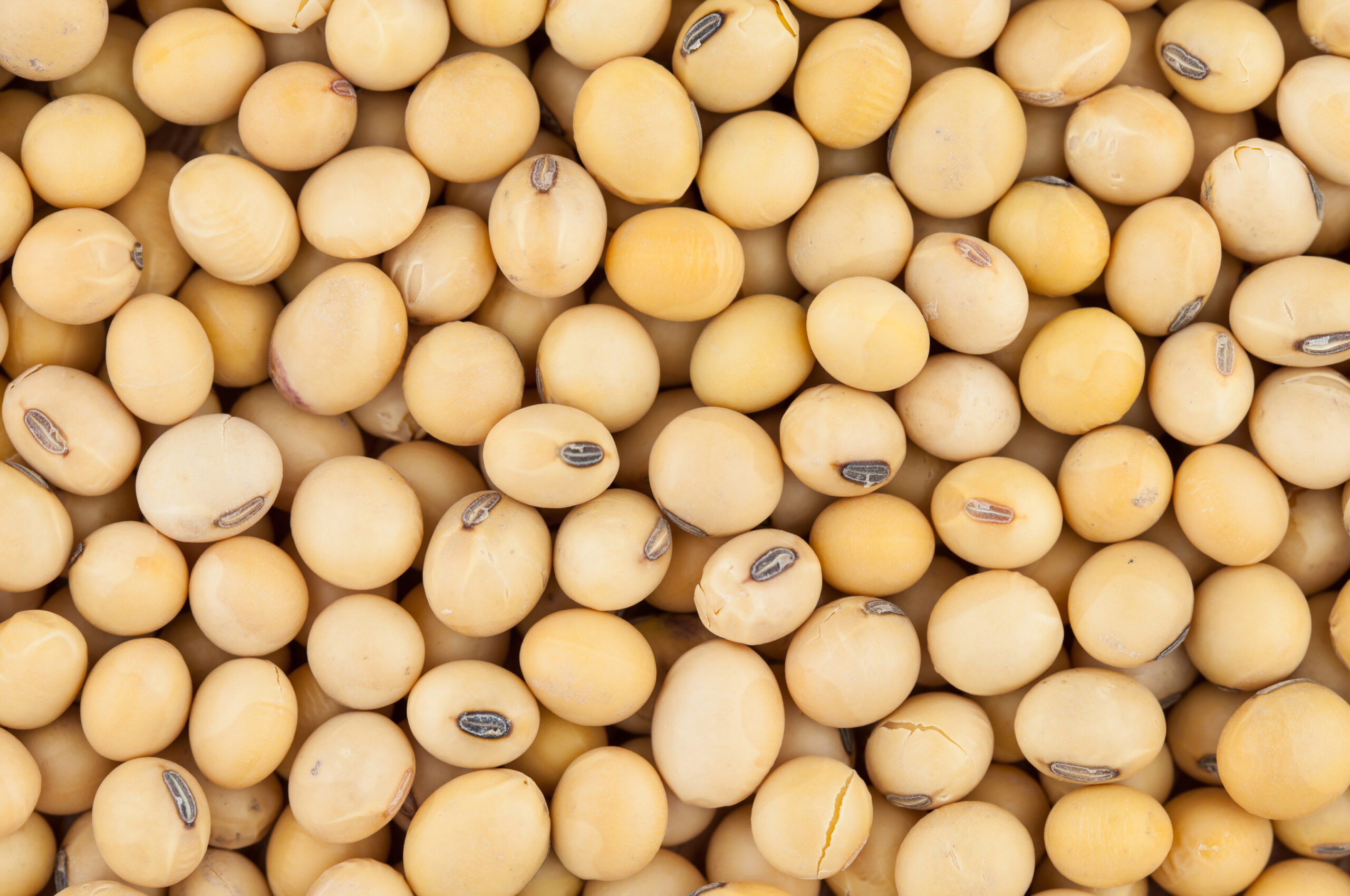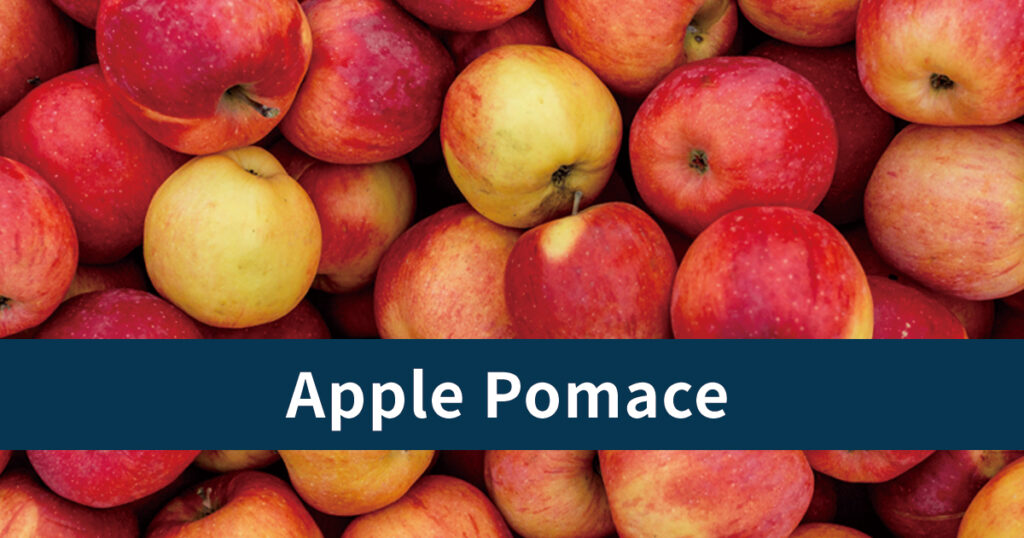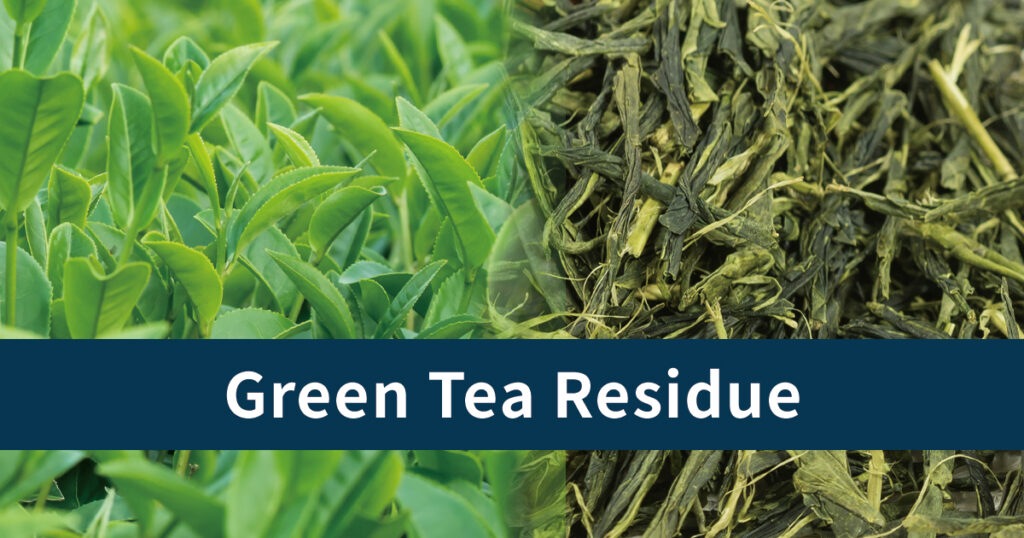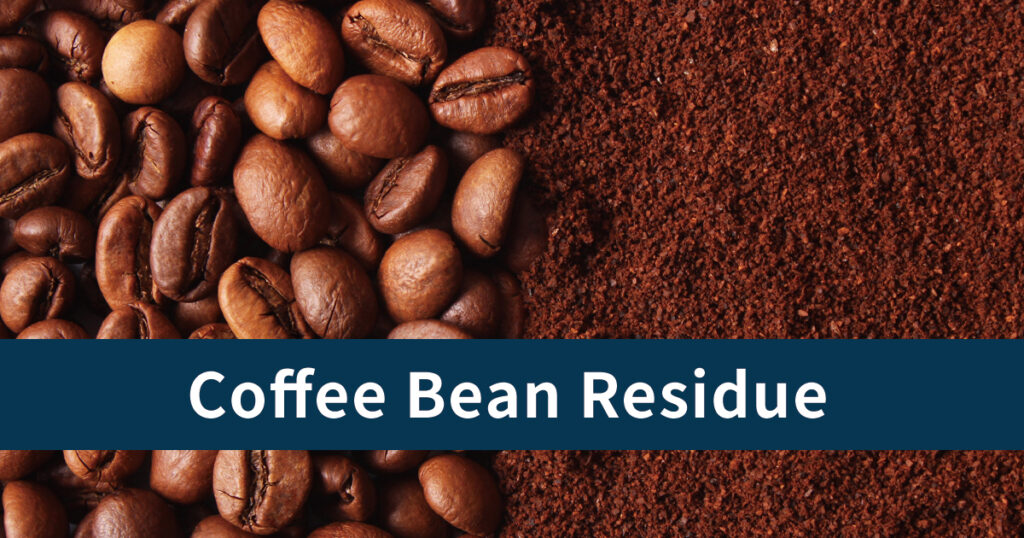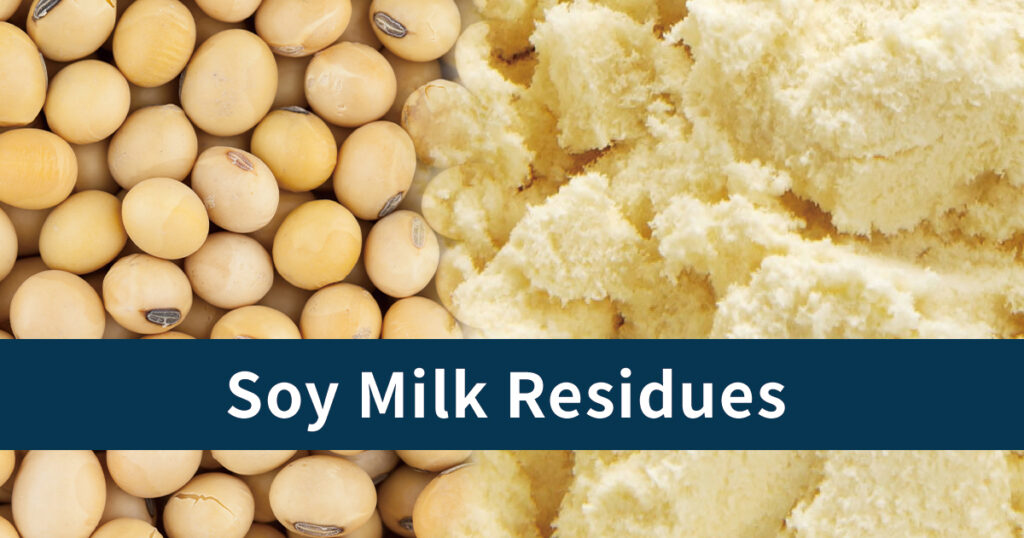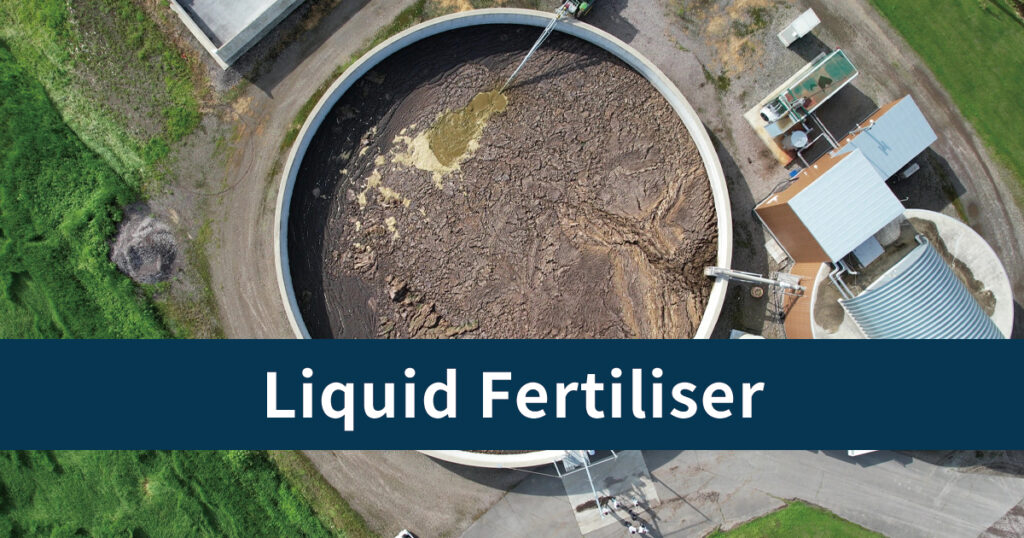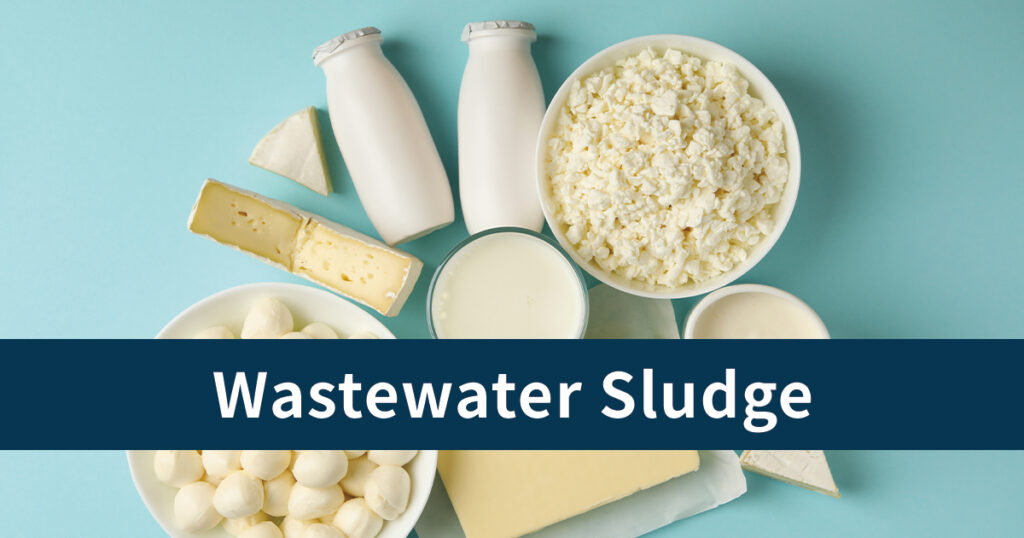Pokka-Sapporo Co.,Ltd, (current Yakult Plants Factory Co., LTD.)in partnership with Glencal Technology Installed a RedoxMaster unit at the company’s Gumma Plant in 2022 to dry and process waste soy milk residues into a high-performance premium animal feed supplement.
The RedoxMaster® innovative and patented design uses the Mixed Ion Reactive Approach (MIRA.) The MIRA engine incorporates advanced ionization technology to generate reactive oxygen species and ultra-low energy plasma ions. This facilitates the unprecedented rapid drying of wet materials by disrupting the hydrogen bonds in the water molecule to form smaller clusters, enabling swift drying at remarkably low temperatures, thereby delivering significant energy cost savings, reduced CO2 emissions and, most importantly, RedoxMaster dries without carbonization or oxidization, therefore preserving the original properties of organic materials.
RedoxMaster® ultra-low temperature ionisation drying method prevents oil oxidation and protein denaturation while significantly reducing carbon dioxide. Using RedoxMaster® to dry the SOY Milk and residues, which was previously disposed of at high costs, is now generating substantial revenue, as the dried material is rich in protein and other essential nutrients, making it an ideal and high-value premium animal feed supplement. The dried material has a moisture content of less than 10.0%, allowing easy transportation and long-term storage without risk of spoilage and further promoting sustainability in Japan’s agricultural and food processing industry.
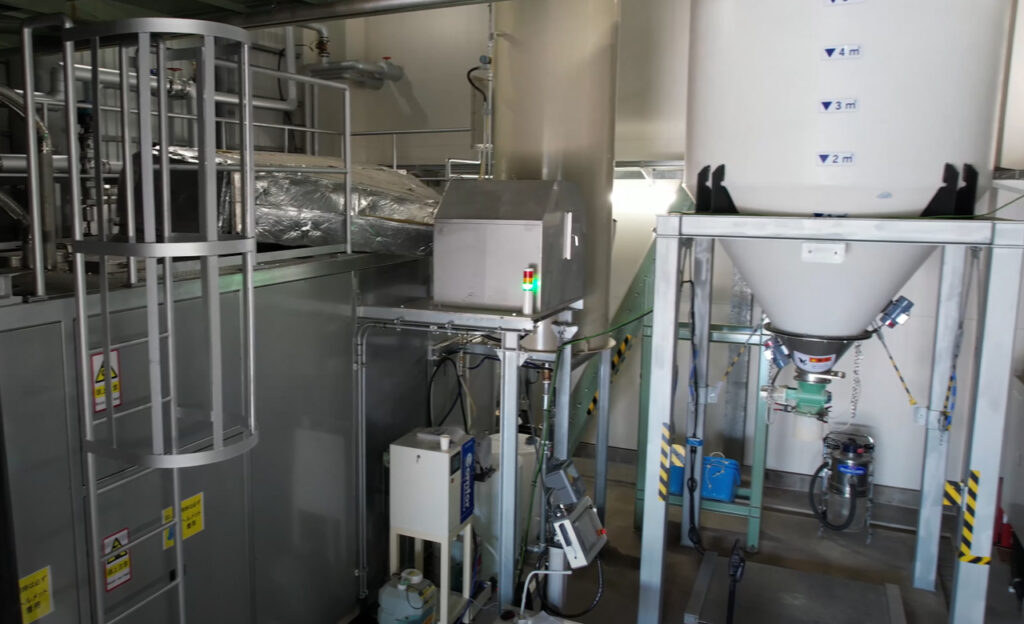
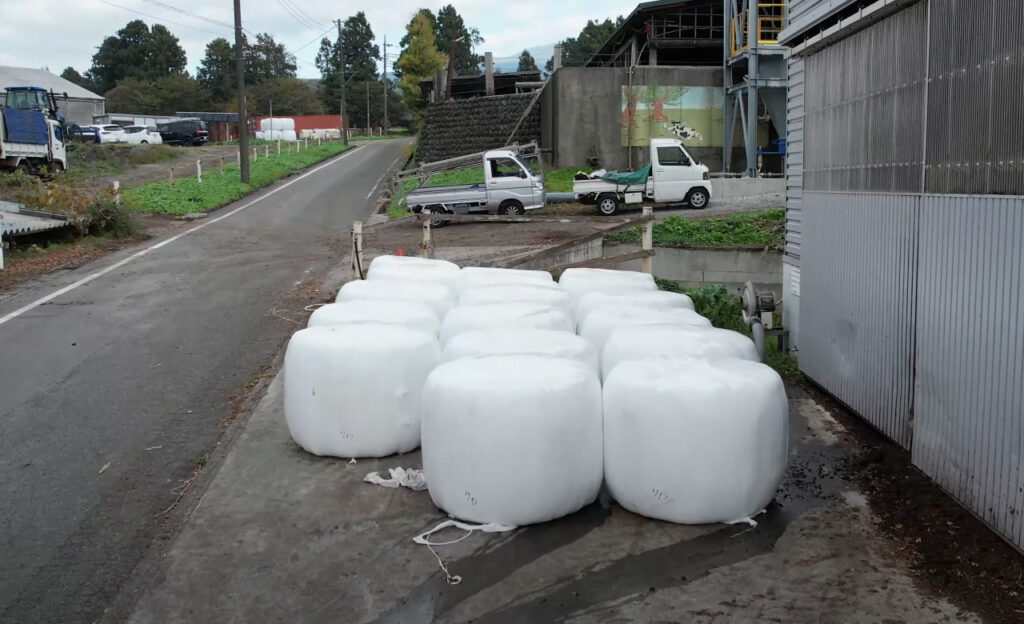
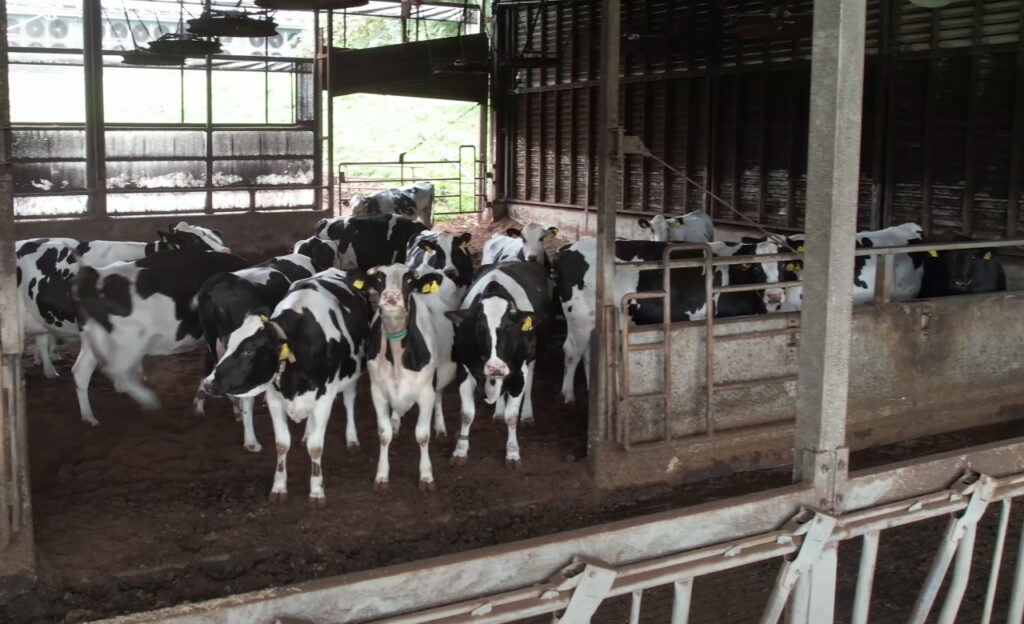
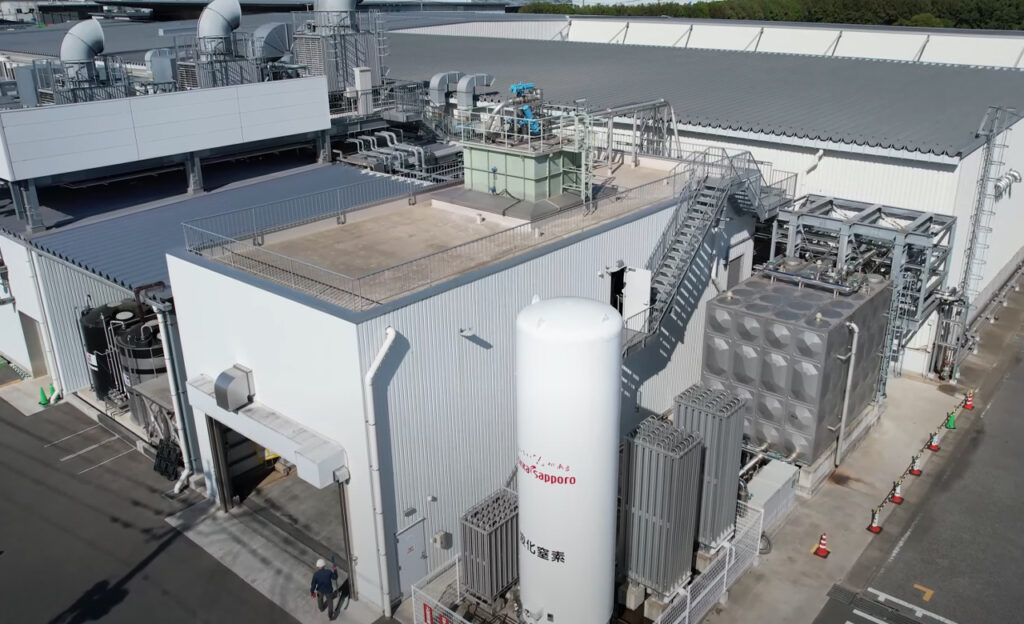
The dried material can be used as Agricultural Material, Aquafeed, Chicken feed, Animal Feed, and is currently sold as a high-value premium animal feed supplement. Facts regarding waste Soy and Residues The waste from the production typically spoils and creates a rotten smell within 24 hours from the completed production run, and managing the odour causes significant operational challenges, which lead to high disposal costs Waste SOY and Residues, when sent to landfill, has an enormous environmental impact, causing very bad odours and pollution of the surface and groundwater If these types of waste are allowed to decompose naturally without being treated, the methane (CH4) and carbon dioxide (CO2), both of which are greenhouse gases and considered to be very potent, will be released.
This factory has operated as Yakult Plants Factory Co., Ltd., a production subsidiary of Yakult Co., Ltd., since October 2024. This is part of the company’s strategy to make a full-scale entry into the market for food products that use plant-based ingredients, which has been expanding worldwide in recent years. In November 2021, Yakult and Pokka Sapporo Food & Beverage concluded a business partnership agreement and have been considering food products that use plant-based ingredients that use Yakult’s unique lactic acid bacteria and fermentation technology.
Yakult has acquired POKKA SAPPORO FOOD & BEVERAGE’s Gunma No. 2 Plant and will begin selling a new brand called “Soymilk no Chikara(Power of Soymilk) “.
Around the world, the market for foods that utilise plant materials such as soybeans, oats, and nuts is expanding due to the need to respond to the global environment and the growing health needs of people. This new business will further promote Yakult Co., Ltd’s corporate slogan.
Glencal Technology is pleased that its Redox Master drying technology will help the company promote the corporate slogan of Yakult by upcycling the plant’s vegetable residues into feed and other products.
CASE STUDY PDF DOWNLOAD
Click here to download this case study PDF file.
